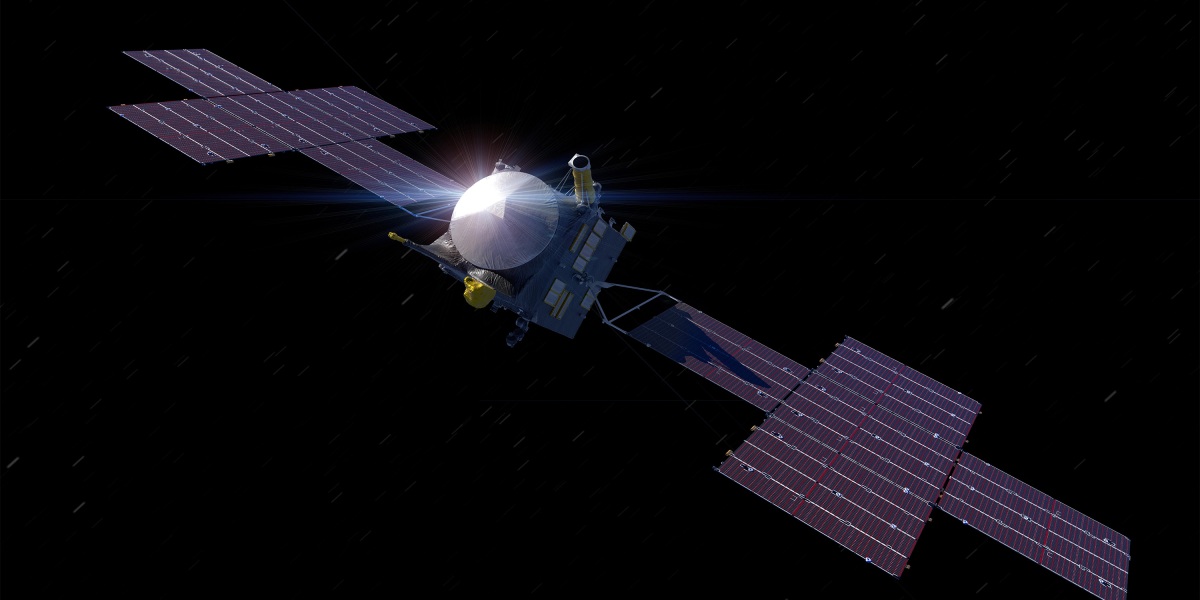
Psyche will be the first deep-space mission to use solar energy for both onboard operations and propulsion.
Psyche could lay the groundwork for more solar-powered space exploration according to the director of MIT's space propulsion laboratory. Eventually, the technology could help us investigate multiple objects for longer periods and possibly make human-crewed missions outside of Earth's orbit more affordable and feasible.
It opens up the possibility of exploring and commercializing space that we haven't seen before.
Because a solar-electric spaceship uses less propellant than a chemically powered one, it has more space for cargo, scientific instruments, and someday, astronauts. Accion Systems is a company that is developing more efficient ion thrusters.
Until now, solar electric technology has not been powerful enough to be used in deep space as often as chemically powered engines.
Psyche's technology had its first major test in Dawn, an exploration vehicle that used solar power and ion thrusters. After three years, Dawn went silent while in the vicinity of the dwarf planet Ceres. The thrusters can operate for years without running out of fuel, but they give relatively low thrust compared to conventional propulsion.
Psyche will be able to generate three times as much thrust as its predecessors, and about a year after launch, it will get some help from Mars to change its trajectory.
